The London Mathematical Society is a registered charity governed by a Council of Trustees - eight Officers and twelve Members-at-Large, who provide strategic direction and ensure that the Society complies with the provisions of its Royal Charter, Statutes and By-Laws - known collectively as the Standing Orders. Council meetings are chaired by the President and take place five times every year - in January/February, April, June/July, October and November.
From the 2022 Annual General Meeting, all newly elected Council members will be required to sign up to a Trustee Code of Conduct for their term of office.
The Council Diary, which has an overview of each Council meeting, can be found in the Society’s Newsletter.
The current members of Council are:
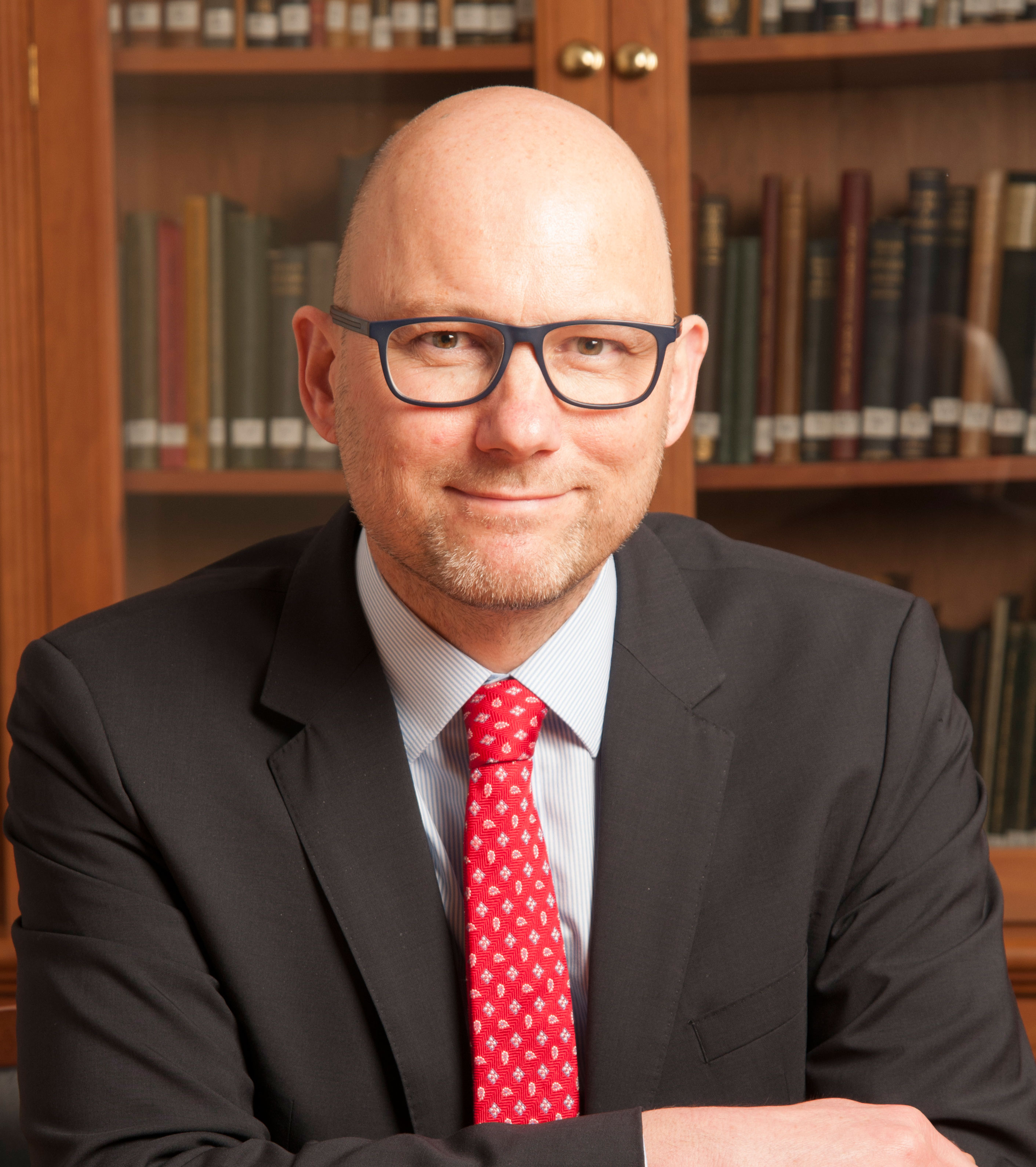 |
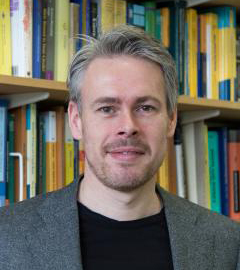 |
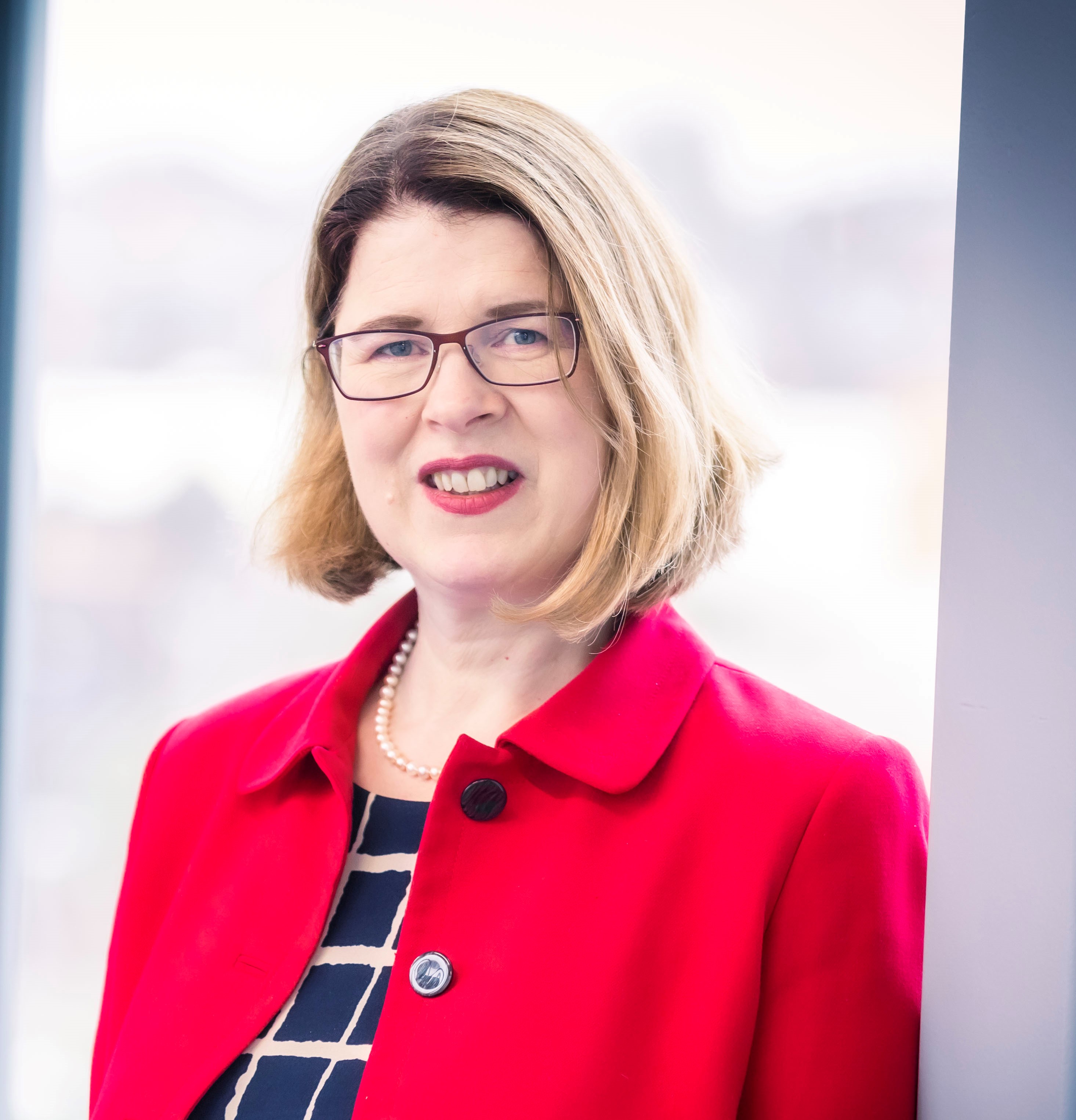 |
||
Professor Jens Marklof
|
Professor Iain Gordon
|
Professor Cathy Hobbs
|
||
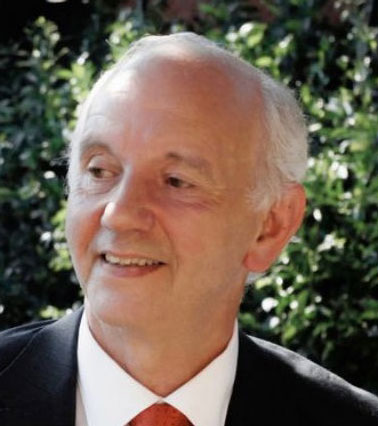 |
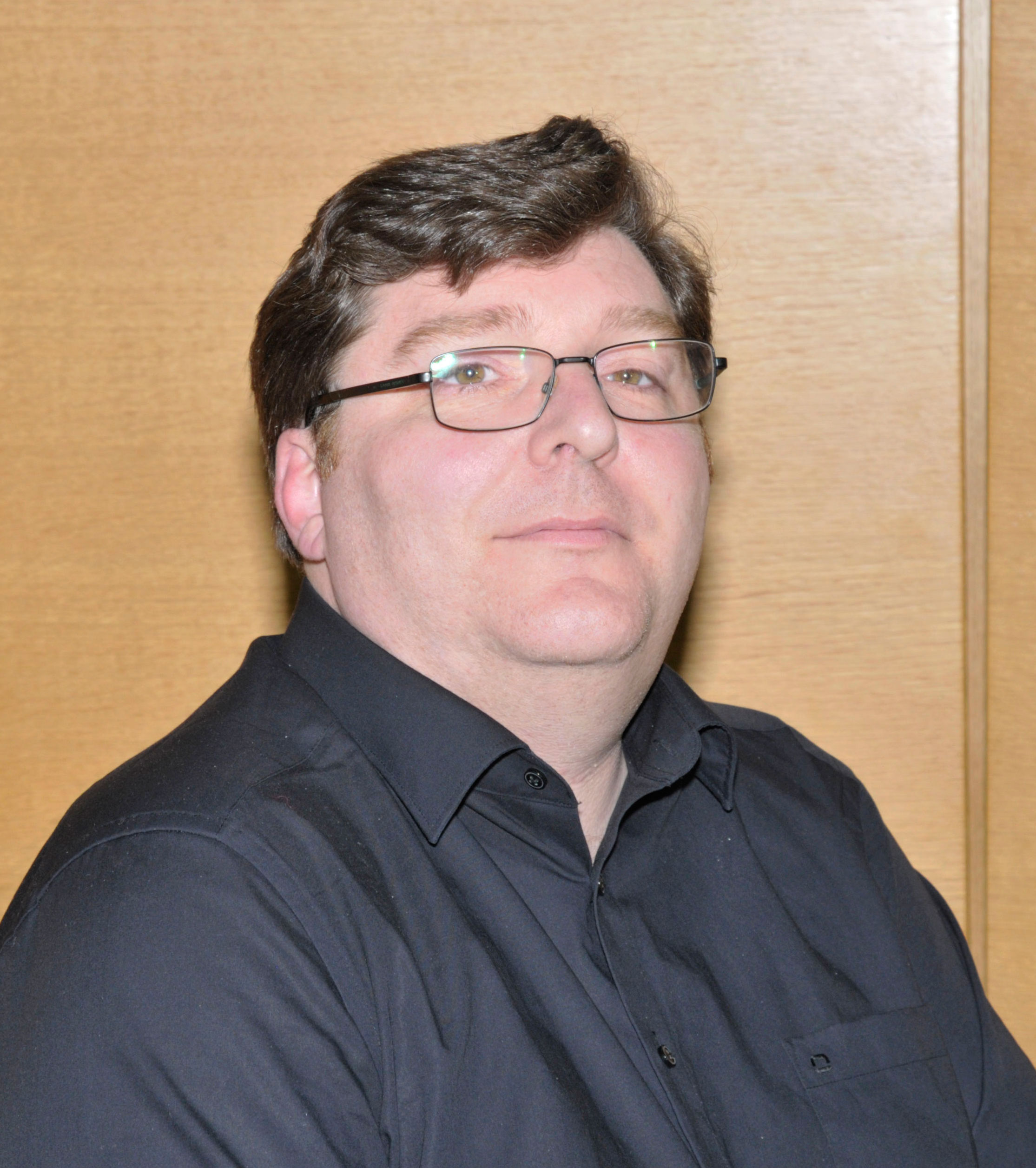 |
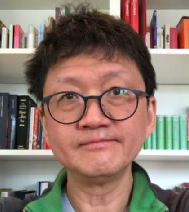 |
||
Professor Simon Salamon
|
||||
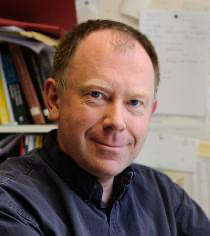 |
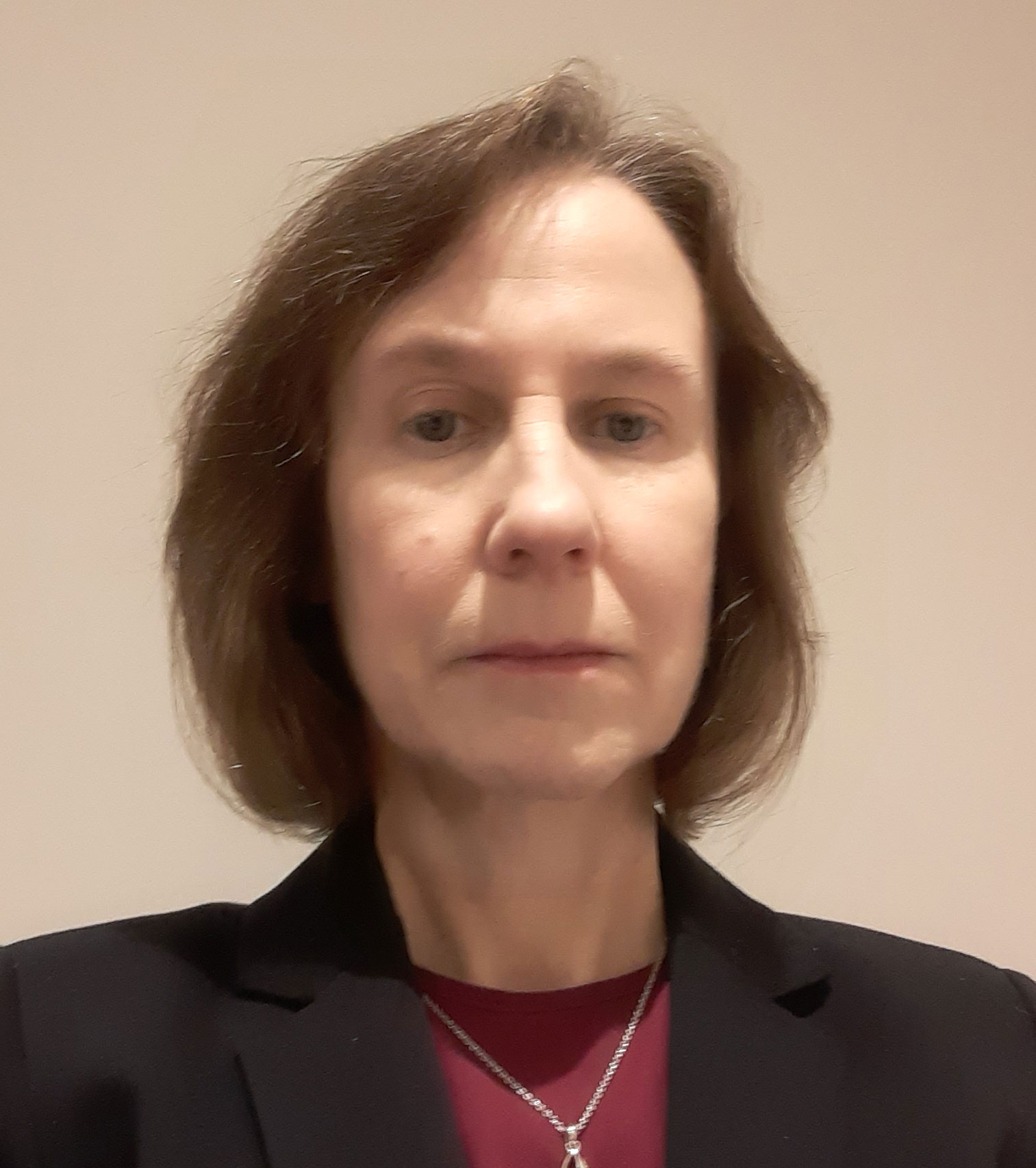 |
|||
Professor Niall MacKay
|
Professor Mary McAlinden
|
Members-at-Large
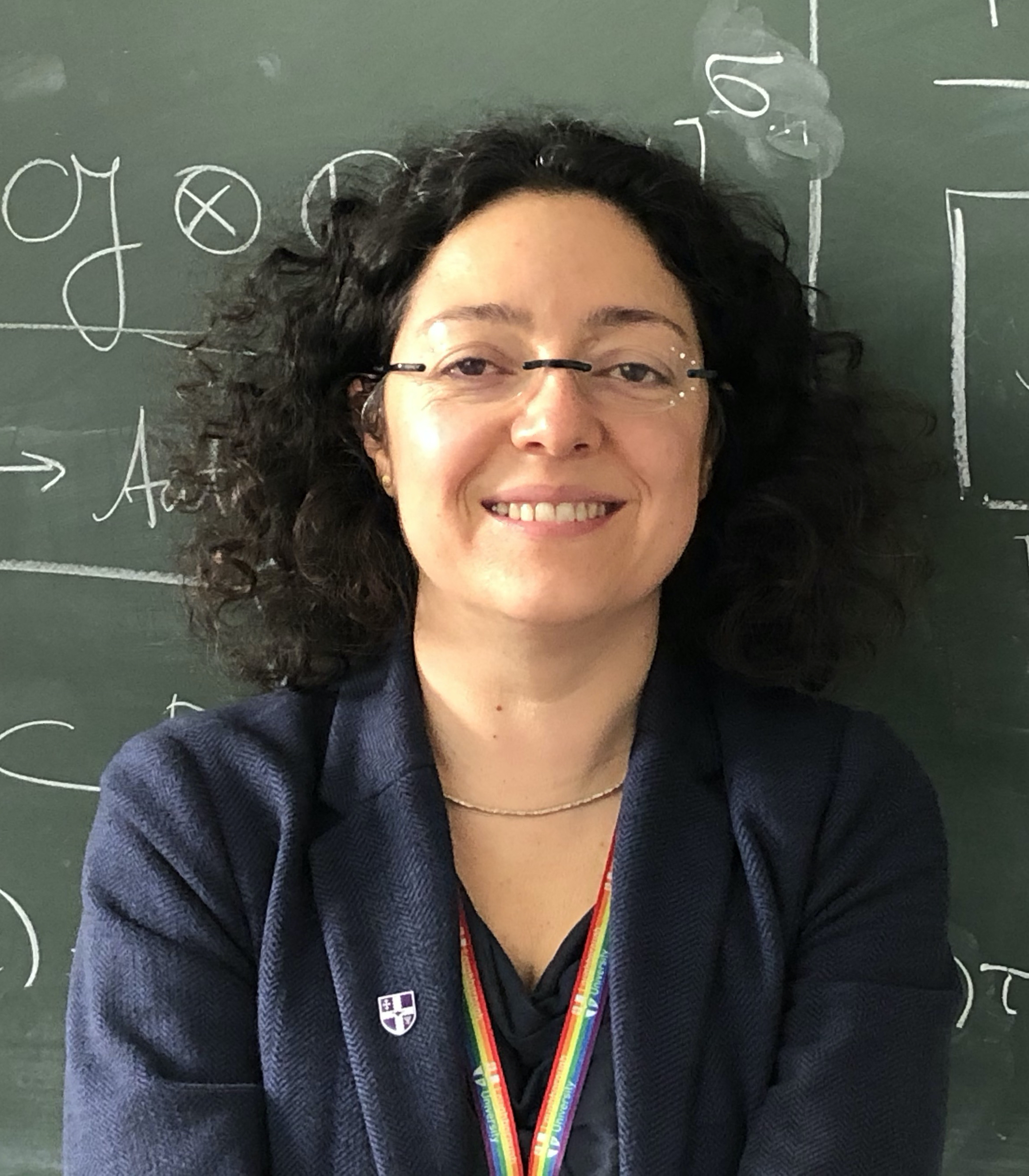 |
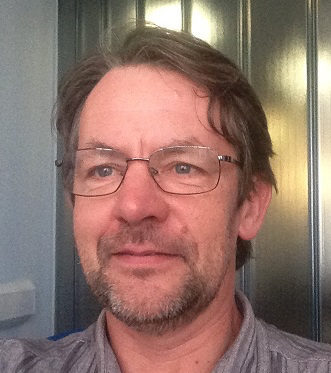 |
 |
||
Professor Sara Lombardo
|
Professor Peter Ashwin |
Dr Andrew D Brooke-Taylor |
||
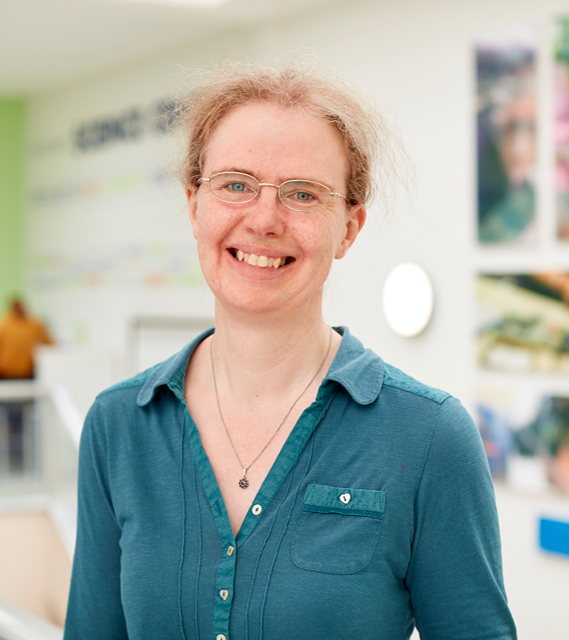 |
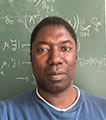 |
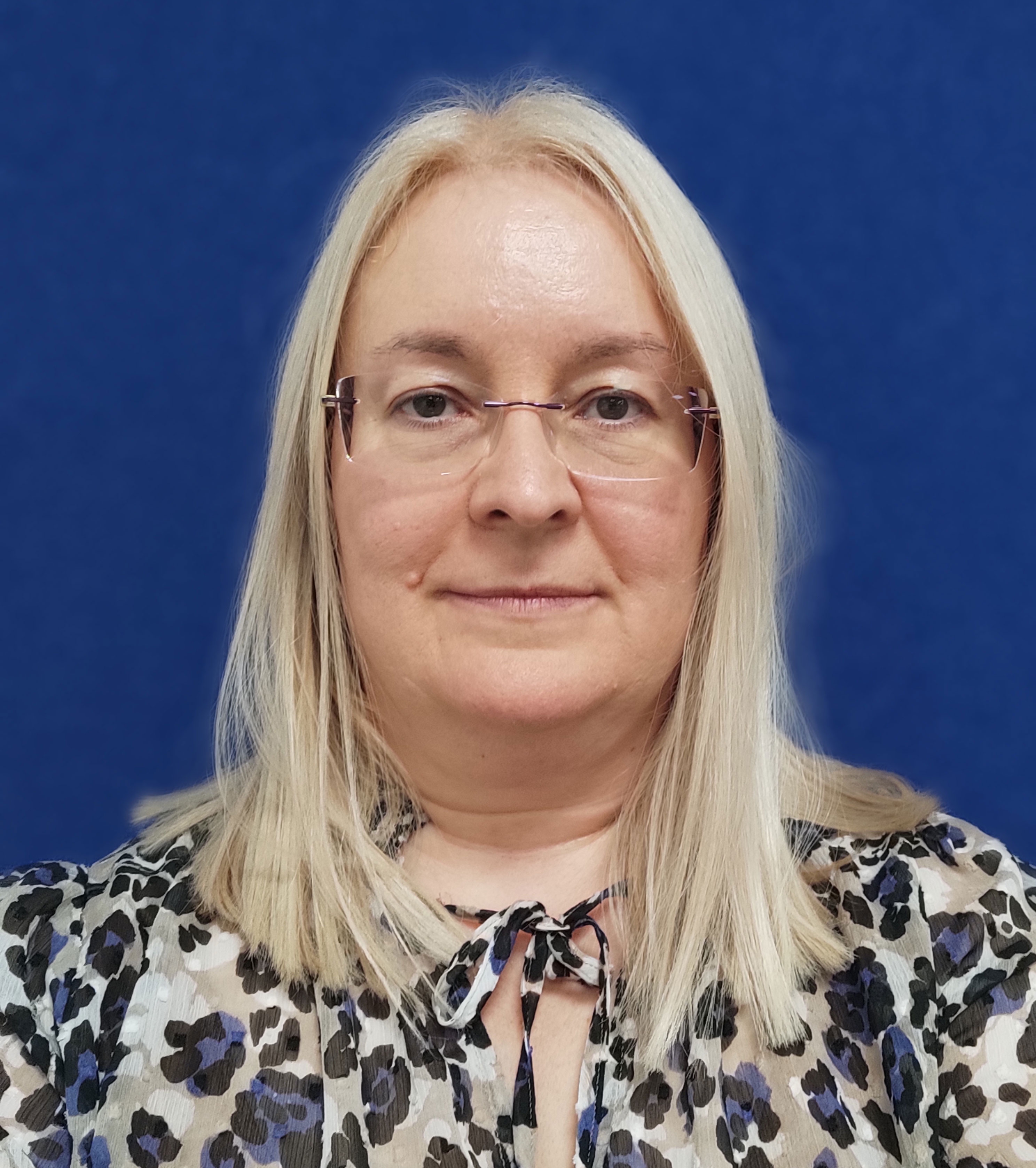 |
||
Professor Elaine Crooks |
||||
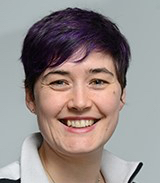 |
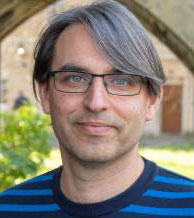 |
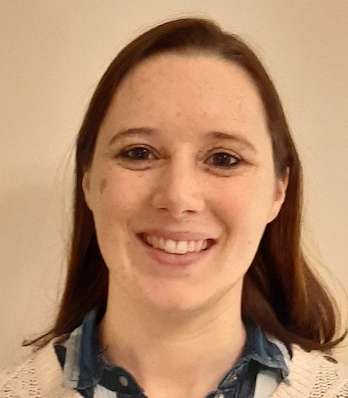 |
||
Dr Jessica Enright |
Professor Jason D Lotay |
Dr Rachel Newton |
||
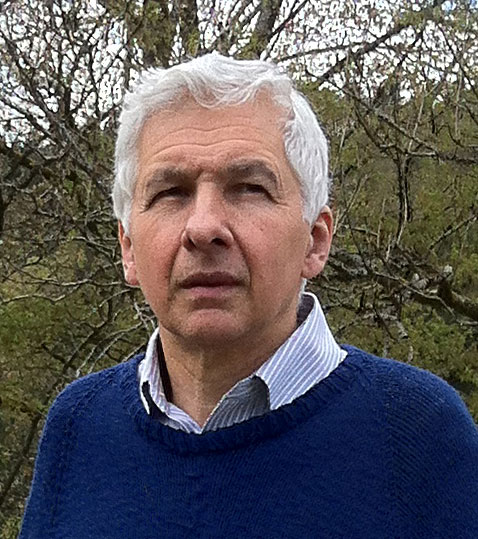 |
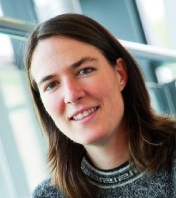 |
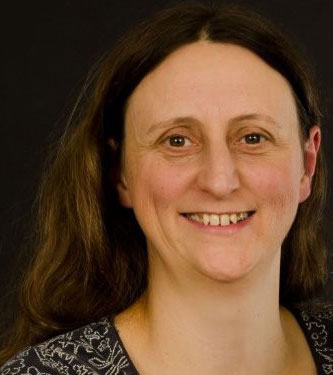 |
||
Professor Gregory Sankaran |
Professor Amanda Turner |
Professor Sarah Whitehouse |
